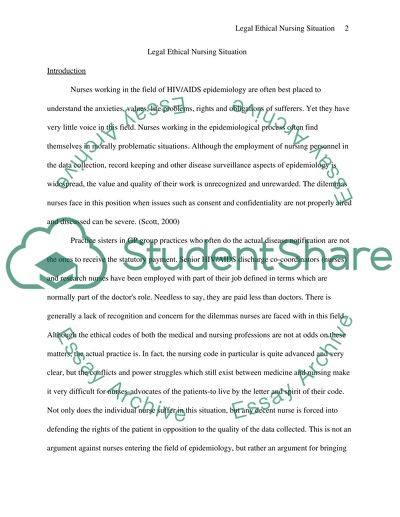Cite this document
(“Legal Ethical Nursing Situation Essay Example | Topics and Well Written Essays - 2000 words”, n.d.)
Legal Ethical Nursing Situation Essay Example | Topics and Well Written Essays - 2000 words. Retrieved from https://studentshare.org/miscellaneous/1500695-legal-ethical-nursing-situation
Legal Ethical Nursing Situation Essay Example | Topics and Well Written Essays - 2000 words. Retrieved from https://studentshare.org/miscellaneous/1500695-legal-ethical-nursing-situation
(Legal Ethical Nursing Situation Essay Example | Topics and Well Written Essays - 2000 Words)
Legal Ethical Nursing Situation Essay Example | Topics and Well Written Essays - 2000 Words. https://studentshare.org/miscellaneous/1500695-legal-ethical-nursing-situation.
Legal Ethical Nursing Situation Essay Example | Topics and Well Written Essays - 2000 Words. https://studentshare.org/miscellaneous/1500695-legal-ethical-nursing-situation.
“Legal Ethical Nursing Situation Essay Example | Topics and Well Written Essays - 2000 Words”, n.d. https://studentshare.org/miscellaneous/1500695-legal-ethical-nursing-situation.


